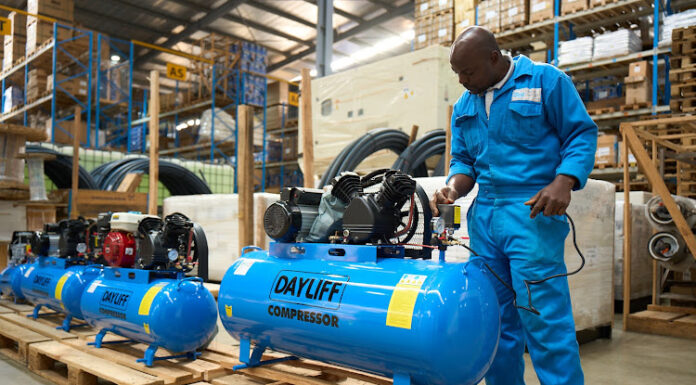Project is part of TMEA’s USD 50Million programming in Rwanda and will cost USD 14.2 Million
Will focus on developing port facilities at Karongi, Rusizi and Rubavu and attract private sector investment to operationalize passenger and cargo ferry services on Lake Kivu
TradeMark East Africa (TMEA) and Rwanda Transport Development Agency (RTDA) unveiled plans to commence on a project that will improve water transport on Lake Kivu, through interventions at Karongi port, Rubavu port and Rusizi port. The project will be part of TMEA’s USD50Million programme in Rwanda and will cost USD14.2Million. It will be completed by 2023.
The intervention is part of TMEA’s pledge to support the Government of Rwanda to enhance water transport on Lake Kivu by constructing harbour facilities in the three port towns of Rubavu, Karongi and Rusizi, attract private sector investment to operate ferry services and streamline the regulatory and institutional framework required for ferry operations on the lake.
Funding for this transport project was provide by United Kingdom’s Department for Foreign International Development (DFID) and Embassy of Belgium through TMEA.
Interventions will result to modern facilities for cargo and passenger handling. Specifically, there will be construction of vessel terminals, warehouse, access roads, parking Areas, administration buildings; service utilities such as water supply, electro-networks, fencing and any other required facilities; and development of inland water ways.
Economic benefits will accrue to all port users which will result in increased trade. Businesses will enjoy a reduction of costs incurred when transporting goods along the lake Kivu routes by over half. Passengers will spend less on fare to travel along either the Rubavu and Karongi routes as well as Rusizi and Rubavu route.
The project will result to a 55% reduction in cost it takes to transport cargo between Rubavu and Rusizi ports, from the current USD28.4 per metric tonne to around USD 12.7 in 2023. Transport costs for cargo transport between Rubavu and Karongi will also reduce by 43% from 10.6 USD/MT in 2017 to 6.0 USD/MT by 2023.
Passengers using Rubavu-Karongi route will enjoy a 75% drop in costs from the current USD 5.5 per person to USD 1.4. Those using the Rusizi and Rubavu route will experience a 74% reduction from USD 12 to USD 3.1.
Other benefits expected are increased trade with Democratic Republic of Congo, which will now connect with Rwanda at more points on the lake. Tourists will enjoy more comfortable transport; while businesses face a future where it will be easier to move commodities such as cement from south and food from north and collection of coffee from washing stations along the lake.
To ensure that infrastructural improvement translates to social economic benefits in the long term, the programme will combine both hard and soft interventions, with a key focus on building a platform for public private partnerships. For example, advisory services to roll out initiatives that will attract private sector investment at Lake Kivu will be set up.
Sarah Metcalf, the Head of DFID Rwanda, said: “Today’s signing represents an exciting milestone for TradeMark East Africa (TMEA) and the Government of Rwanda, in their commitments to develop vital lake transport infrastructure across Lake Kivu – a critical development for increasing regional trade, jobs and incomes of Rwandans. We are delighted to continue to the UK’s support to TradeMark East Africa (TMEA) Rwanda’s second phase, from 2018 until 2023, for which the UK announced its commitment of £32 million in March of this year.”
TMEA Country Director Patience Mutesi said “Increased lake connectivity on the Rwandan side alone will increase economic gains from Cross Border Trade, by offering better opportunities for traders to select the crossings where they get better prices. Development of lake transport will open up and improve competition at the cross-border markets by bringing in the most competitive goods along Lake Kivu. For example, milk and potatoes from north to south, and eggs and beans from south to north. It will increase access to CBT for areas in Karongi, Rutsiro, and Nyamasheke.




















You actually make it seem so easy with your presentation but I find this matter tto
bee really something that I think I would never understand.
It seems too complicated and very broad for me.
I’m looking forward for your next post, I will try to gett the hang of it! http://Sunyudo.mireene.com/xe/sub41/1630543